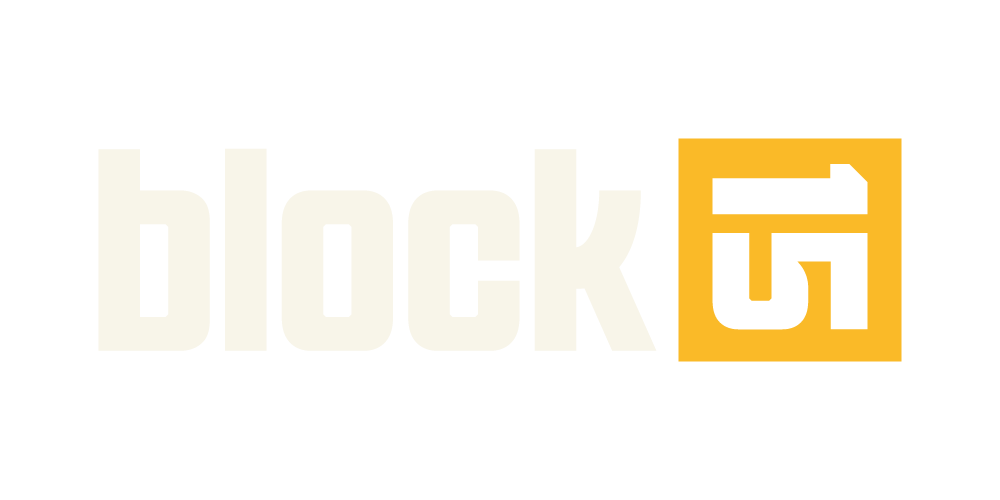
Local and Sustainable
We want our future generations to be able to brew beer and cook great food for years, using the same fresh ingredients from the beautiful Willamette Valley that we enjoy today. We can make this happen through innovative and meticulous attention to conservation and sustainable practices.
We hope you will join us and raise a pint of responsibly-crafted beer in a toast to our children's children—and to our one and only planet Earth. Cheers!
Lagered by the Sun
Lagered by the Sun represents the company's commitment to sustainable brewing practices. Emphasizing community involvement, this program pays homage to three key areas: sourcing local and regional ingredients, utilizing solar energy in the lagering process, and implementing mindful brewing practices that extend to the shelves and taps.

Sustainability Practices
-
Our brewers are committed to sustainability and good stewardship in our beer production. This includes brewing efficiently in order to reduce the use of water, reducing and recycling waste, using organic and regional ingredients, and participating in environmental programs.
-
With the help of the Oregon Clean Power Cooperative and the Corvallis Sustainability Coalition, Block 15 Brewing went solar in 2021 and installed 98 kW of solar panels at their Southtown Brewery and Tap Room. That is enough solar energy to provide nearly 40% of the building’s power needs! From brewing beer to running the restaurant, sustainability and recycling are pillars that Block 15 stands upon, and we are so excited to make an impact on the health and vitality of our planet! Check out how much solar live solar energy we’re using right now!
-
The average brewery uses 5x more water than is enjoyed in a finished pint. In addition to the water in the actual beer you drink, large amounts are used for cooling the hot wort and cleaning the tanks. We have incorporated three processes to reduce water use:
Our brewery has a hot liquor tank which catches excess water used during cooling and stores it for the next brew day.
We use a clean in place (CIP) system to clean our tanks. Treated water is looped with a pump and used to clean all the tanks.
We purchase Bonneville Environmental Foundation Water Certificates. For every gallon of water used in our brewery, the amount is diverted back to rivers in need through these certificates.
-
The brewing process produces several byproducts, including wastewater and spent grains. In addition to water conservation, we also recycle our spent grains in partnership with local farmers. On average, we use over 1,000 lbs of grain to brew one batch of beer in our production brewery—and sometimes up to 2,500 lbs! Once utilized, these spent grains are given to a local farmers for feed, saving them from the landfill.
We are privileged to work with creative people that are passionate about owning solutions to sustainability challenges. One of our team members even recycles used grain bags by turning them into curtains and grocery bags!
-
One of the best ways to make great craft beer is to start with great water! We proudly partner with the Oregon Brewshed Alliance, which works to protect and restore our forest water sheds, and in effect, protecting Oregon craft beer.
-
We brew with organic, regional grains whenever possible, and nearly all of the fruit in our beer is grown in Oregon—much of it within 4 miles of our brewery, at Stahlbush Island Farms. We also often look to locally gathered honey as an adjunct during fermentation, barrel maturing, or bottle conditioning.
When available, we use organic cleaners—aiming to use the least amount possible.
-
The restaurant staff is also committed to sustainability. In addition to participating in the above environmental programs, we choose to use local and regional ingredients when feasible, reduce water and energy use, and participate in recycling and composting programs.
-
We love to use local and regional ingredients in our food as often as we're able to. In addition to lowering our environmental footprint, cooking with regional ingredients promotes a vibrant local economy and improves both the flavor and nutrition in our dishes. For example, we have committed to Oregon Country Natural Beef for our hand-spanked burgers and steak. Their cattle is raised on a vegetarian diet, with no hormones or artificial ingredients. Other local products include honey, seasonal fruits and vegetables, nuts, cheeses, wine, cider, and spirits. Learn more about our local partners below.
-
Just like our brewing team, our restaurant staff is trained to conserve. We use energy-efficient lighting that is only on when needed, attend to running water, turn on cooking elements only when needed, and will only bring water to you upon request.
-
We have participated in Allied Waste’s Post-consumer Waste Composting program since its inception in December 2009. Through this program, we are able to compost all of our food prep scraps, food left on our diner's plates, and paper towels & napkins. Once a week, this material is taken to Allied Waste's composting facility, located 10 miles north of Corvallis. Once converted into compost, it is returned to Corvallis for use by local farmers and gardeners. Since 2009, we have been able to divert a large portion of our waste to compost, rather than landfills!
As a styrofoam-free restaurant, even our to-go containers are compostable! Simply put them in your home composting bins and let microorganisms go to work on transforming packaging into fertilizer.
Block 15 is designated an ocean friendly restaurant by the Surfrider Foundation and 500 Women Scientists now that we utilize compostable paper straws upon request at both of our locations.
All of our used cooking oil is recycled into an alternative fuel, thanks to our friends over at Enviofuel. We also recycle everything else that is recyclable, such as glass, newspaper, old menus, wine corks, plastic bags, and cardboard packaging.
-
We participate in several regional environmental programs, which help reduce or offset energy consumption across our entire company.
-
Though this program, a portion of our electricity use is sourced from renewable energy such as wind power. This reduces the carbon emission from typical energy production. For information go to PacificPower.net. In 2011 Block 15 supported 56,163 kilowatt-hours of renewable energy avoiding the release of 67,305 pounds of carbon dioxide. This equates to not driving a car 68,432 miles.
-
Through this program, we purchase “carbon offsets” that include planting trees (which absorb carbon dioxide) and investing in renewable natural gas, such as capturing methane from cow manure.
-
We purchase water restoration certificates (WRCs) through Bonneville Environmental Foundation's Water Restoration Certificates program. This program allows us to balance our water consumption by returning a large portion of the water we use back to the environment.

Local Partners
When you support Block 15, you are supporting a network of local and regional farmers, honey collectors, vintners, and other artisan purveyors. We're always on the lookout for new local products— and the passionate people behind them—to bring a fresher, healthier, communally-produced meal to your table.
Here are many of the growers and artisans that find their way onto our menu, seasonally and throughout the year:
Oregon Seafoods
Valley Oak Farm
